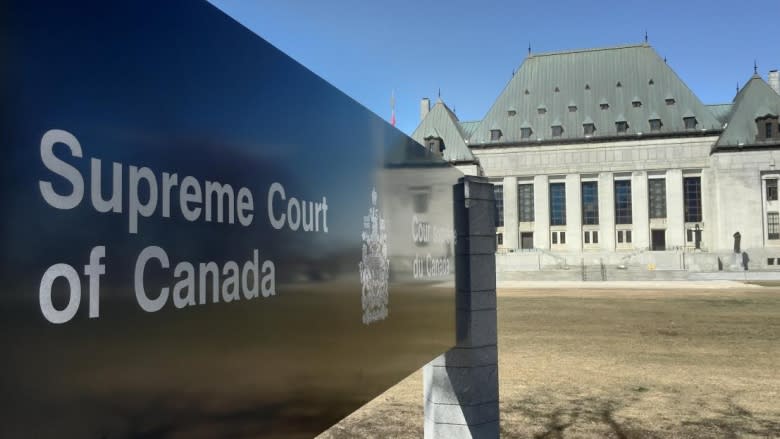Case of two B.C. men tests limits of workplace discrimination legislation

A landmark case involving two men from British Columbia that is being heard at the Supreme Court of Canada this week will test the limits of the B.C. Human Rights Code — and who can claim discrimination in the workplace.
At the heart of the trial is the question of whether a worker can claim workplace discrimination after being treated rudely and insensitively by someone from a different company.
In 2013 Mohammadreza Sheikhzadeh-Mashgoul was the target of repeated derogatory comments and emails concerning race, religion and sexual orientation while working as a supervising engineer on a road project in Delta.
The comments were made by foreman Edward Schrenk who was working on the same project but for a different company.
Schrenk was fired by his employer and Sheikhzadeh-Mashgoul had his claim of employment discrimination upheld by the B.C. Human Rights Tribunal in 2014.
But the B.C. Court of Appeal subsequently dismissed the complaint in 2015 ruling that the tribunal acted outside of its jurisdiction, stating that not all insults made in the workplace amounted to "discrimination regarding employment."
A summary on the Supreme Court of Canada website says the appeal to the nation's highest court, which began on Tuesday, will test "whether an employee's protection from discrimination in the workplace is restricted to specific relationships marked by economic power imbalance."
UBC Law Professor Margot Young says the outcome will have important consequences.
"What's at stake is the extent to which there's going to be protection from harassment in the modern workplace," she said.
"Increasingly we're in workplaces where we don't have a direct employer-employee relationships ... with contracting out and so on. And yet it's still your workplace and you can still can be exposed to the kind of treatment that is really destructive."
Young says the Supreme Court of Canada decision will likely take a year or more.

 Yahoo Finance
Yahoo Finance 